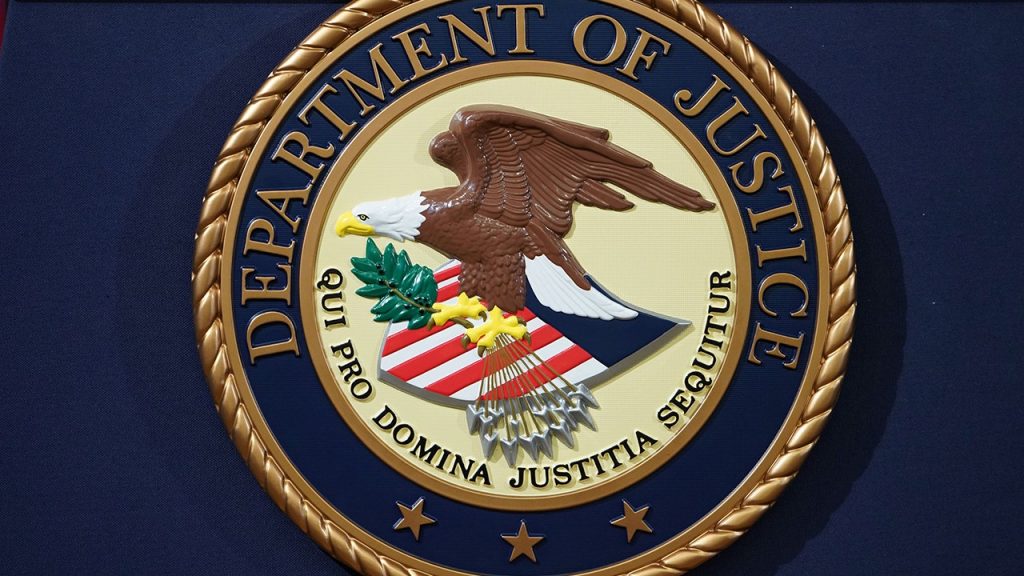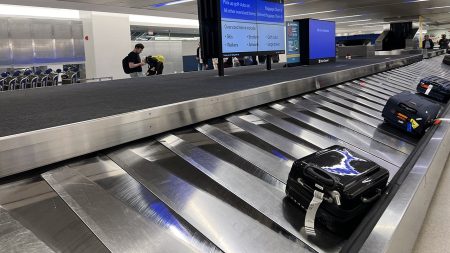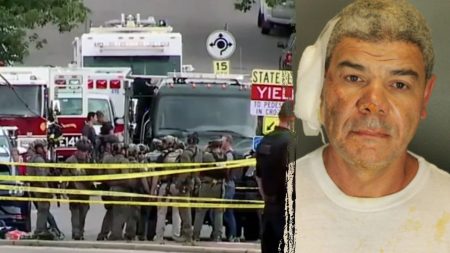The arrest of Yinpiao Zhou, a 39-year-old Chinese citizen and lawful permanent resident of the U.S., for allegedly flying a drone over Vandenberg Space Force Base in California has raised concerns about potential espionage and more serious offenses. While Zhou has been charged with failure to register an aircraft and violation of national defense airspace, the U.S. government is actively investigating the possibility of deeper, more sinister motives behind his actions. The incident highlights the vulnerability of sensitive military installations to drone surveillance and the escalating concerns about foreign intelligence gathering efforts within the United States.
Zhou’s alleged drone flight took place on November 30, 2023. Base security systems detected the drone hovering over the facility for nearly an hour, reaching an altitude of almost a mile. Personnel were dispatched to a nearby public park, Ocean Park, where they encountered Zhou and another individual. Upon questioning, it was discovered that Zhou had a drone concealed in his jacket, matching the description of the one detected over the base. Subsequent searches of Zhou’s drone and cellphone revealed incriminating evidence. The drone contained aerial photographs of Vandenberg Space Force Base, and Zhou’s phone history showed a Google search for “Vandenberg Space Force Base Drone Rules” approximately a month prior to the incident, as well as messages discussing hacking his drone to increase its flight altitude.
The implications of Zhou’s alleged actions extend beyond mere airspace violations. Vandenberg Space Force Base is a critical military and NASA rocket launch site, making it a prime target for foreign intelligence gathering. The FBI agent leading the investigation, drawing on their experience with foreign intelligence tactics, expressed concern about the possibility of espionage. While no formal espionage charges have been filed against Zhou, the government’s ongoing investigation suggests a strong suspicion of more serious offenses related to national security. The FBI agent’s statement underscores the gravity of the situation, highlighting the potential threat posed by individuals engaging in unauthorized surveillance of vital military infrastructure.
The incident also comes at a time of heightened national security concerns following a series of unidentified aircraft sightings across the country, including New Jersey. While some of these sightings have been attributed to drones and misidentified manned aircraft, the possibility of foreign involvement has been raised, adding to the anxieties surrounding national security. Although Department of Homeland Security Secretary Alejandro Mayorkas has stated there is no known foreign involvement in the northeast sightings, the coincidence of these events with the Zhou incident underscores the importance of vigilance and thorough investigation in all such cases.
The case against Zhou emphasizes the evolving security challenges posed by readily available drone technology. The ease with which drones can be deployed for surveillance purposes raises concerns about the potential for both domestic and foreign actors to gather sensitive information about critical infrastructure. The incident highlights the need for stricter regulations and enhanced security measures to safeguard against unauthorized drone flights over sensitive areas. The government’s investigation aims to uncover the full extent of Zhou’s activities and determine whether his actions were part of a larger intelligence gathering operation.
The ongoing investigation into Zhou’s actions is crucial for understanding the full scope of the incident and any potential threats to national security. The government’s commitment to a thorough investigation demonstrates the seriousness with which it views unauthorized drone activity near sensitive military installations. The outcome of this investigation will likely have significant implications for future drone regulations and security protocols at military bases and other critical infrastructure sites. It also serves as a reminder of the ongoing challenges posed by foreign intelligence activities and the need for constant vigilance to protect national security interests. The details uncovered through this investigation will be crucial in determining appropriate legal action and enhancing security measures to prevent similar incidents in the future.










